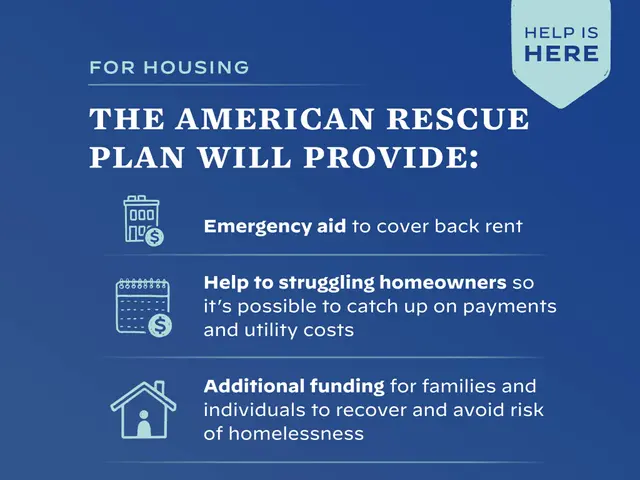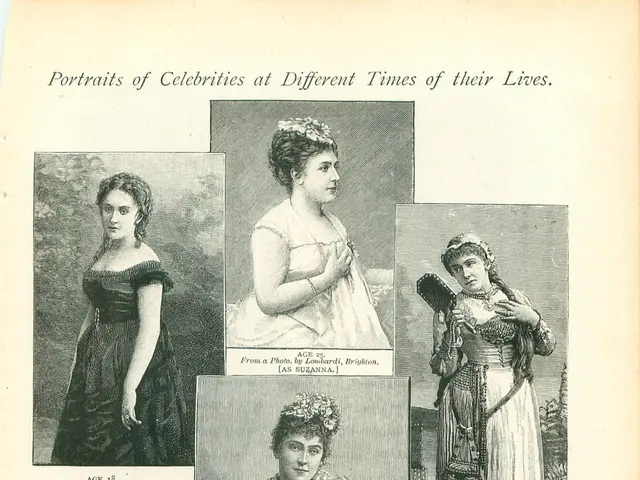The Significance of Social Media in Political Landscapes
Social media has revolutionised the political landscape, offering a new avenue for politicians to engage with the public in a more accessible and immediate manner. This digital platform has become a crucial tool for communication, enabling politicians to share their views directly with voters and bypass traditional media's editorial filters.
One of the most significant advantages of social media is its ability to foster greater political participation. By providing low-barrier entry points and content tailored to various preferences, particularly among the youth, it has increased engagement in politics. This increased engagement has led to a surge in civic engagement from all walks of life.
However, the speed at which information travels on social media also presents challenges. Misinformation can spread quickly, often amplified by algorithms promoting sensational content and echo chambers. This has led to the need for vigilance and fact-checking to ensure the dissemination of accurate information.
Social media has also become a vital channel for rapid response, clarification, and damage control during political crises. Politicians can use this platform to address issues immediately, making it an essential tool for crisis management.
Political parties also leverage social media tools like Hootsuite, Sprout Social, Meta Business Suite, and data analytics dashboards to manage their social media presence effectively. These tools help them reach a broader audience, including demographics that traditional media can't cater to.
In the United States, social media has become a battleground for political discussions and elections. Republican politicians and right-wing activists, such as Charlie Kirk and associated ultraright influencers, are particularly active in shaping political discourse. Their activities often intensify polarisation and target critics online, sometimes with severe social and professional consequences for those criticised. However, Democratic politicians also utilise social media, albeit not as visibly or aggressively as their conservative counterparts.
Social media has also empowered voters by providing access to diverse viewpoints, candidate information, and fact-checking resources. It has enabled grassroots political movements through decentralized organizing, hashtag activism, and rapid mobilization of supporters. This was evident during the Arab Spring, where social media played a pivotal role in providing a platform for activists to spread their message and organise protests.
Running a political campaign on social media is cost-effective due to targeted online advertising. Candidates can reach voters directly, bypassing traditional media's advertising costs. Moreover, social media provides voters with vast information about political candidates and their policies.
The transformative impact of social media extends to journalism as well. It has changed how journalists break news and the speed at which it travels. Platforms like Twitter have become essential sources for political journalists to break news and engage with their audiences around critical issues.
However, social media is not without regulation. Election commissions and platform policies enforce rules on spending, hate speech, misinformation, and ad transparency to maintain a fair and informed political discourse.
In conclusion, social media has significantly transformed the political landscape, offering both opportunities and challenges. It has democratised political discourse, enabling greater engagement and empowering voters. However, it also requires vigilance to combat misinformation and maintain a fair and informed political discourse.
Read also:
- Today's most impactful photographic moments
- Support for Eric Adams in The Post's Letters to the Editor on August 13, 2025
- Roosting Shark and Rambunctious Red Squirrels: Unconventional House Rental in Yorkshire Involving Aquatic Marvel, Squirrely Mayhem, and Mystical Planning Regulations
- Legal Dispute Dismissed with Humor: Supreme Court Laughs off Another Civil Matter Mislabeled as Criminal Prosecution








